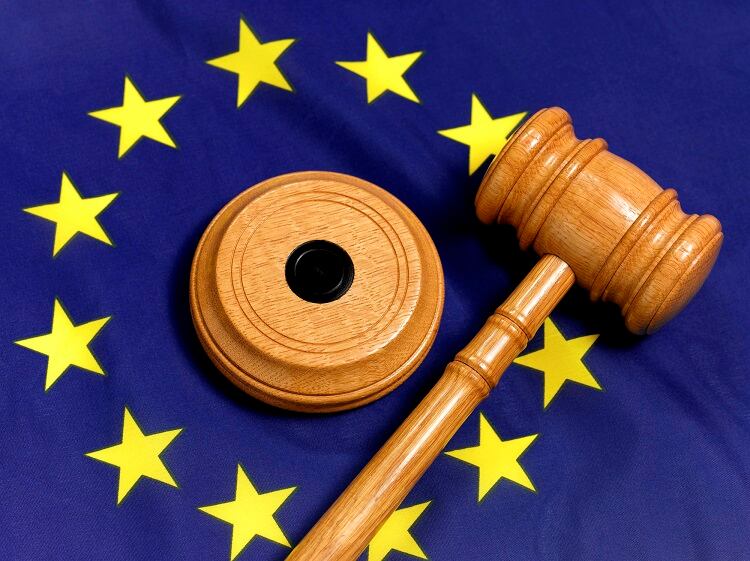Earlier this month, the European Parliament approved by an undisputable majority (603 votes in favour, 17 against and 27 abstentions) the agreement regarding the Commission's proposal for a Regulation on the transparency and sustainability of the EU risk assessment in the food chain.
The agreement that should “strengthen citizens' trust that the risk analysis is underpinned by the objective of ensuring a high level of protection of human health and consumers' interests” introduces new provisions to enhance the transparency in the food chain.
The General Food Law Regulation (EC) n°178/2002, complemented by more specific provisions in sectoral EU food legislations already set rules on transparency and confidentiality. However, on top of the amendments of relevant provisions of sectoral EU food legislation such as GMOs, feed additives, smoke flavorings, food contact materials, food additives and novel foods, the proposal introduces new significant changes with regard to transparency.
One of the key requirements is the obligation for the European Food Safety Authority (EFSA) to publish scientific data, studies and other information supporting applications of regulated products under EU food law, including supplementary information supplied by applicants, as well as other scientific data and information supporting requests from the European Parliament, the Commission and the Member States for a scientific output. EFSA should publish the information without delay once an application has been considered valid or admissible.
However, the proposal provides explicitly that the new transparency obligations should not – in principle – jeopardize the existing rules concerning intellectual property rights. Furthermore, the new rules of confidentiality provide for a list of criteria to determine whether the industry can request that EFSA keeps some data confidential. Accordingly, if, for instance, the applicant can demonstrate that the disclosure of its manufacturing or production process is susceptible to harm its commercial interest to a significant degree, EFSA may grant confidential treatment unless the information is relevant to the assessment of safety.
The proposal makes clear that information necessary to assess the safety which forms part of conclusions of scientific outputs and which relates to foreseeable effects on human health, animal health or the environment must be made public. Similarly, information possibly confidential may still be made publicly available when and if urgent action is essential to protect public health, animal health or the environment
Finally, another key novelty that echoes the increased transparency obligation the creation of a common European Database of studies commissioned or carried out by business operators to support an application or notification. EFSA would consult the database as part of the risk assessment and could entail possible scrutiny by third parties thus to ensure that companies applying for authorisation do not withhold unfavorable studies. In addition, the new regulation provides for the possibility to have advisory pre-submission meetings with EFSA staff – which must be different from the staff involved in the final assessment.
As a conclusion, even though intellectual property rights and data provisions established in sectoral food legislation are still protected, the new proposal significantly extends the transparency obligations and restricts the possibility to avail on the confidentially. The future will tell if the agri-food sector will be subject to a decrease on competitiveness of European manufacturers as predicted by the MEP Renate Sommer.
As a next step, the Council of Ministers must formally approve the text before it can enter into force.




